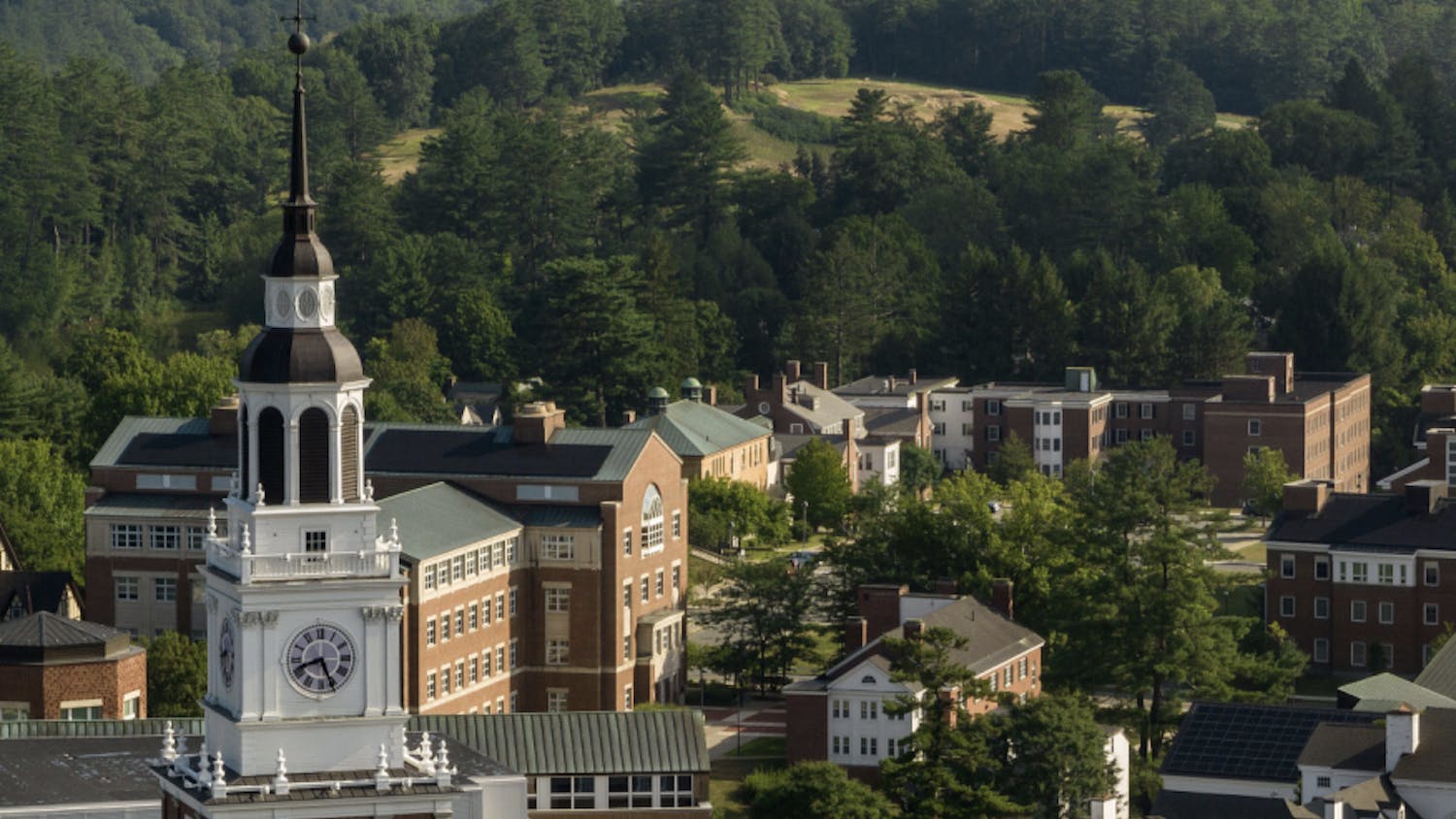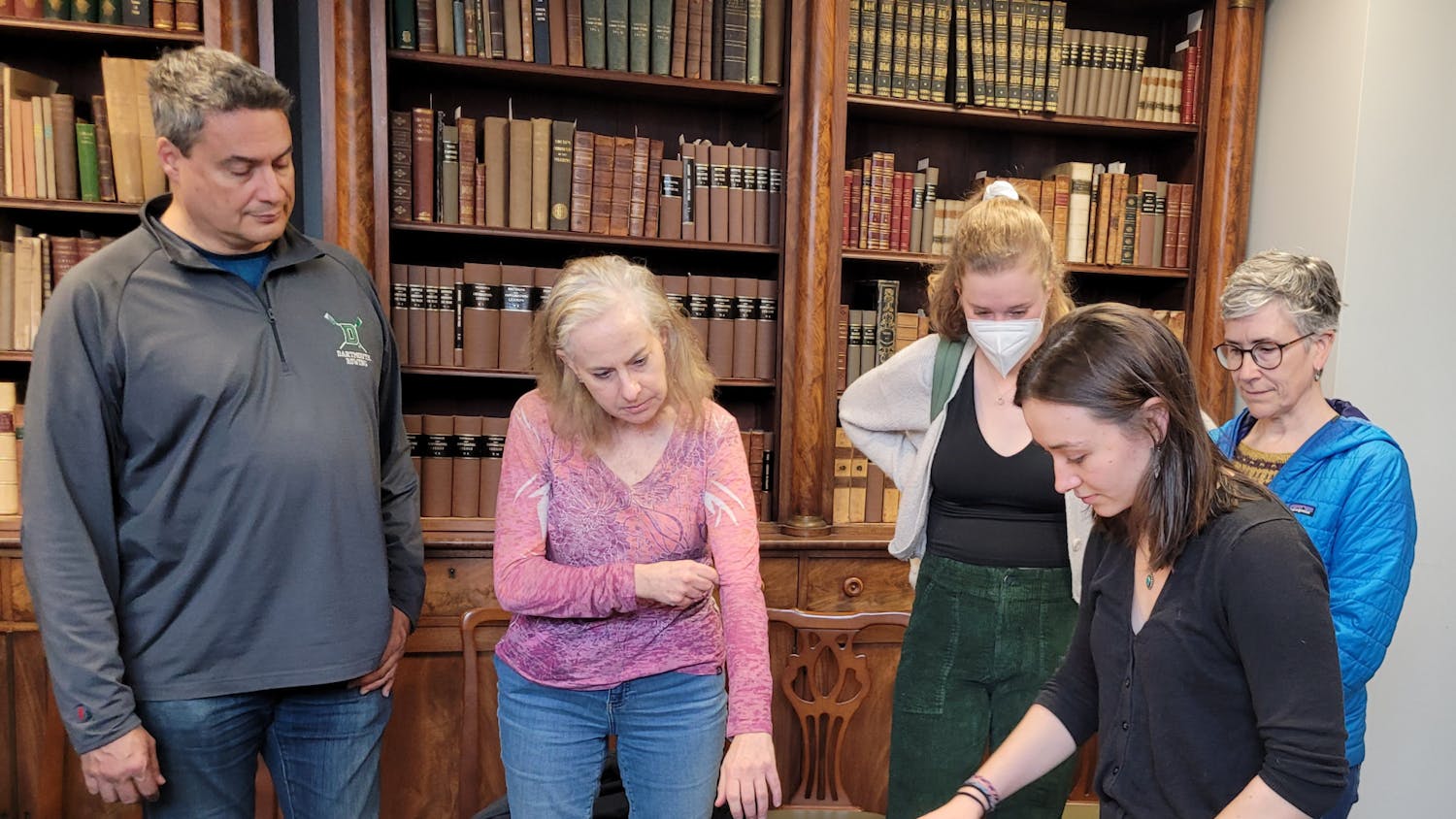Yohalem considers his clerkship to be particularly exciting because of the Supreme Court's current period of transition.
"Things are very exciting right now on the court," Yohalem said, referring to the swearing in of a new Chief Justice -- John Roberts, confirmed in September -- and the ongoing confirmation hearings for Judge Samuel Alito. The new Chief Justice, and possibly a new associate justice, will likely bring a new energy and dynamic to America's highest court, Yohalem said.
Yohalem felt that the "excitement was infectious" the first time he stepped into the Supreme Court Building.
"I was struck by the gravity of the Court's work," he said. "It was the image of what a great courtroom should look like."
Prospective clerks to Supreme Court justices must first complete applications and then attend multiple interviews with judges. Yohalem's first screening interview was with Judge Alex Kozinski, who sits on the United States Court of Appeals for the Ninth Circuit. After that initial interview, Yohalem met with Justice Kennedy and was subsequently offered a clerkship.
Yohalem is currently clerking for Judge Pamela Rymer, who sits on the Ninth Circuit Court of Appeals -- an experience that he is quick to praise.
Despite his stellar educational background and current clerkship experience, Yohalem believes there was another factor that played a big part in his hiring.
"A lot of luck," he said.
According to Yohalem, the specific duties that a clerk performs vary from judge to judge. A clerk's most fundamental role is to research the legal issues involved in court cases. Clerks then write memoranda which a judge can use when deciding how to rule on a case. The job may also include additional administrative duties that arise in a judge's chambers.
Some judges rely heavily on their clerks when hearing cases; others tend to be more independent, Yohalem asserted. But, in either case, discretion is a critical trait for legal clerks, who rarely discuss their judge's specific decision-making patterns.
During his time at Dartmouth, Yohalem was a government major with a focus in political theory. After graduating from Dartmouth in 2002, he attended Harvard Law School.
Yohalem's clerkship will last one year. Afterwards, Yohalem will work at the law firm of Munger, Tolles & Olson in Los Angeles.
Although he is unsure about what type of law he would like to practice, Yohalem is currently leaning towards a profession in some form of litigation.



